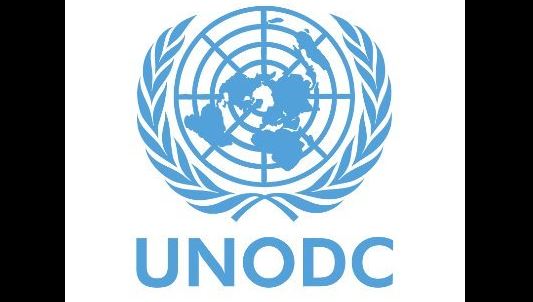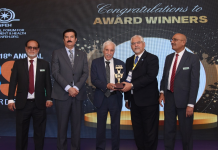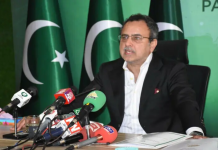KARACHI, JUN 24 (DNA) — UNODC Country Office Pakistan under its Criminal Justice and Rule of Law unit implemented a series of seminars at provincial level with the criminal justice institutions including police, prosecutors, judges, civil society organizations.
As a part of Essential Services Package (ESP) initiative, the seminars aimed to provide greater awareness on the gender-responsive justice and review of the progress of CJIs towards the common goal of ending VAW.
The aim of these seminars is to enable the CJIs in developing new lines of action with achievable targets for ending Violence Against Women (VAW).
In Pakistan, the ESP Programme is implemented jointly by UNFPA, UNODC, UN Women and WHO. These partner UN agencies have all been supporting the Pakistani Government in addressing VAW at both federal and provincial levels. This Joint Programme will leverage the technical expertise of these four UN agencies covering all sectors of the ESP – health, justice and policing, social services, coordination and governance.
The ESP Guidelines Seminars inaugurated in Lahore on 6 June for the Punjab Criminal Justice Actors. It was followed by a seminar in Quetta for the Balochistan Criminal Justice Actors on 17 June and Karachi on 24 June for the Sindh Criminal Justice Actors.
The seminars provided a platform to justice sector stakeholders to come together and deliberate on concerted efforts for the institutions to adopt a rights-based reform approach; gender equality; cultural and gender sensitive approach; victim/survivor centered approach while dealing with cases of GBV; safety and security of the victims and survivors of violence and fair justice and greater accountability of perpetrators.
The presenters dissected issues of inter-provincial coordination and the journey of a victim of GBV to the point of getting recognized as a survivor. Mr. Aftab Shuaib, UNODC Senior Training and Development Officer introduced the programme facilitating the justice sector and policing services.
Ms. Gulmina Ahmad, UNODC Gender Expert unpacked gender constructs whilst enhancing understanding of gender concepts in relations to barriers and access to justice including exercises on myths and stereotypes within the justice chain analysis. Mr. Shahid Shafiq, Senior Faculty Member at the Sindh Judicial Academy discussed in length the challenges associated with trials and hearing of GBV cases.
Mr. Abdul Khalique Sheikh, Inspector General Balochistan Police, in his keynote speech appreciated the initiative of the seminar that brought the entire chain of the justice system together. He also stated, “I welcome all participants to send me their recommendations for better policing and policies that will help dealing with cases of gender based violence.
I will try my best to implement your suggestions”. Keynote speakers Mr. Kamran Adil, Deputy Inspector General Punjab Police, and Mr. Shad Ibne Masih, SSP Sindh Police also appreciated UNODC efforts for providing a platform that brought together prosecutors, judges and civil society organizations to address improving services for victims and survivors of GBV.
The 30 participants of each seminar represented the Prosecution Department, Police Department, Women Development Department, Social Welfare Department, Prison Department and, Reclamation and Probation Department. =DNA
















